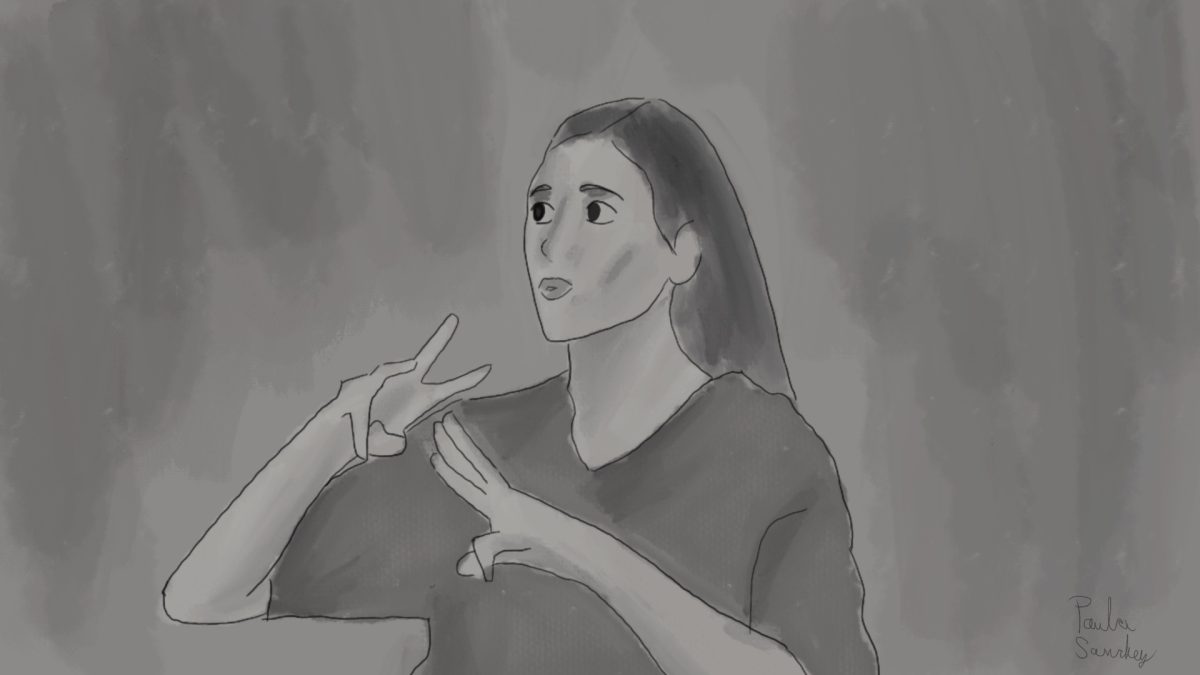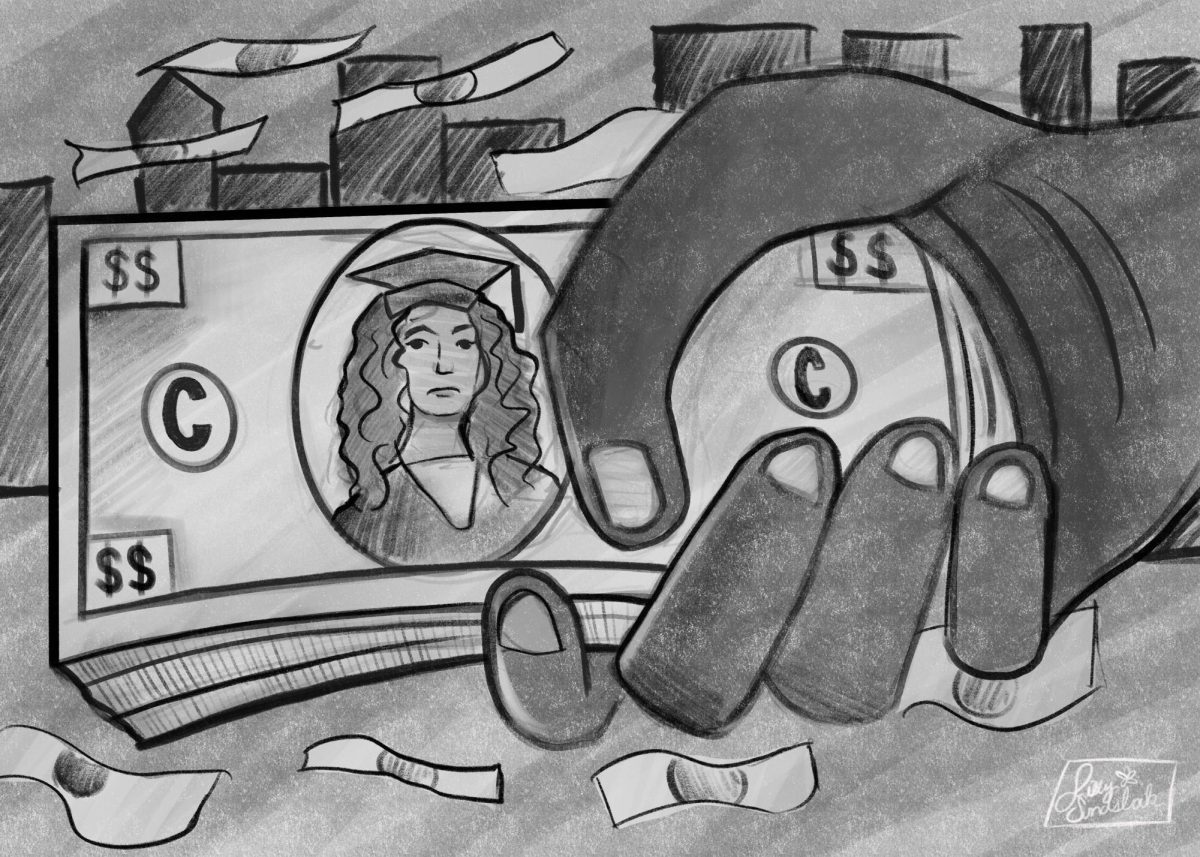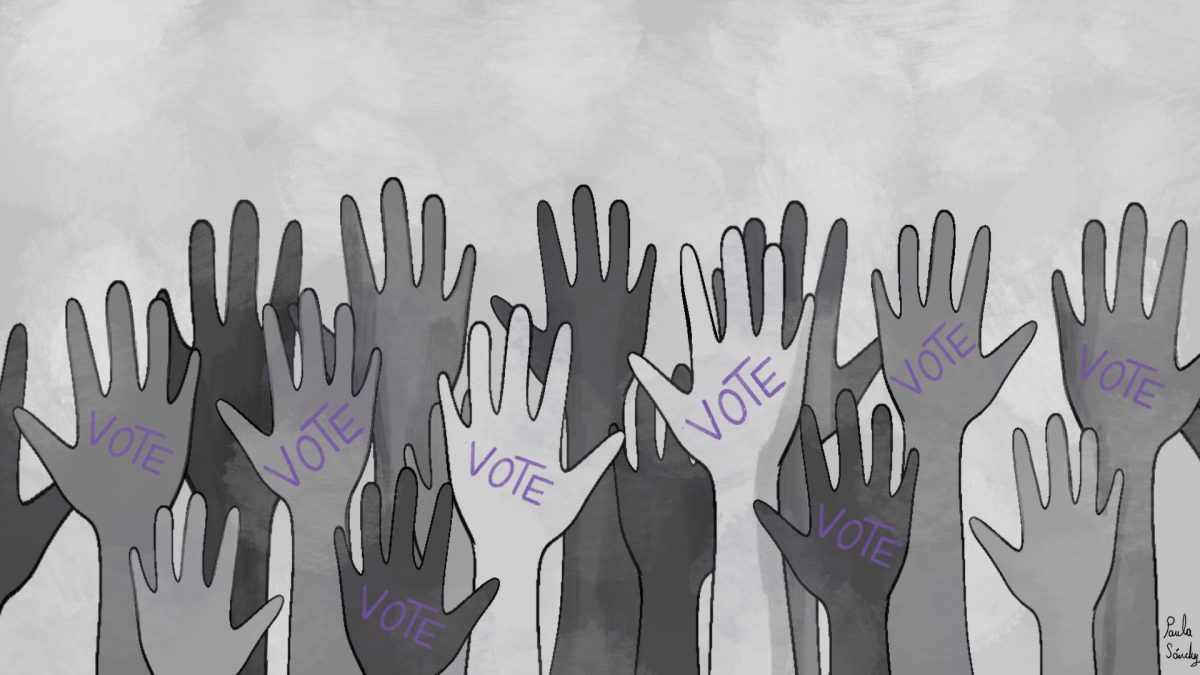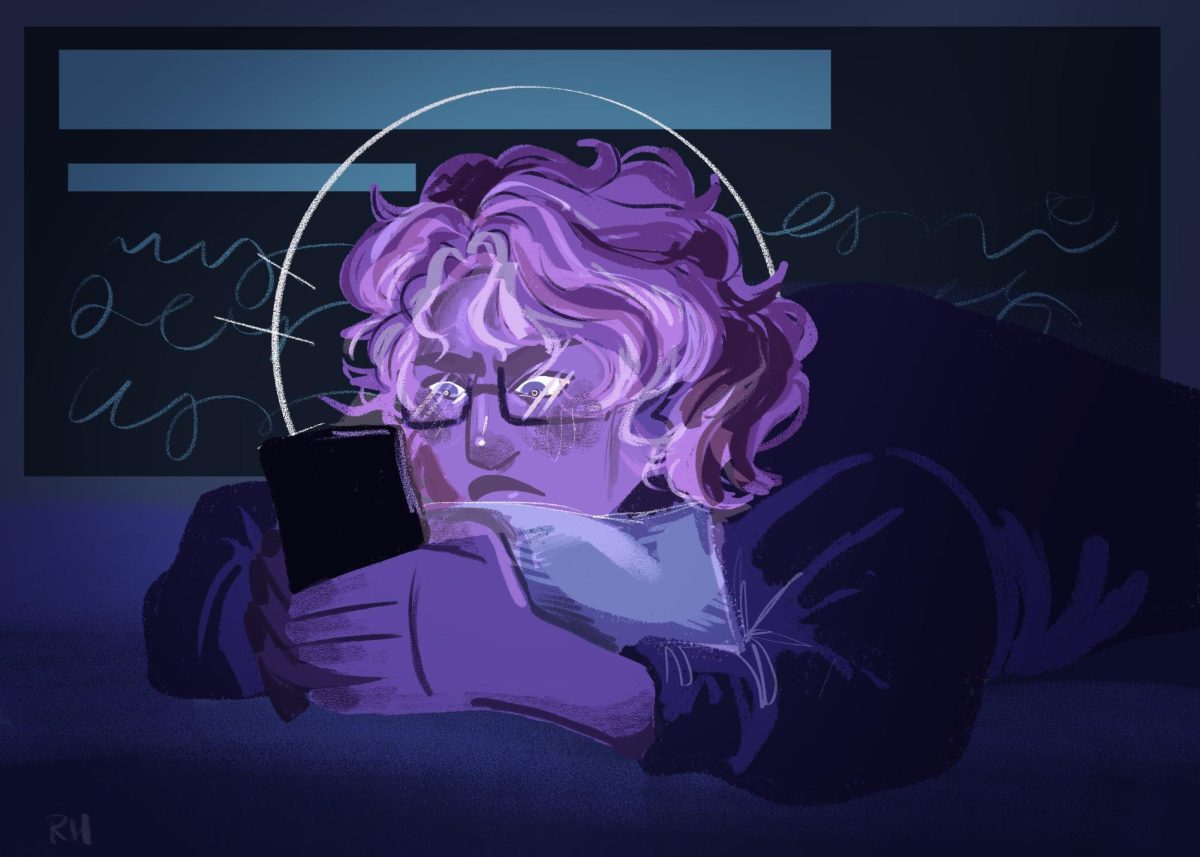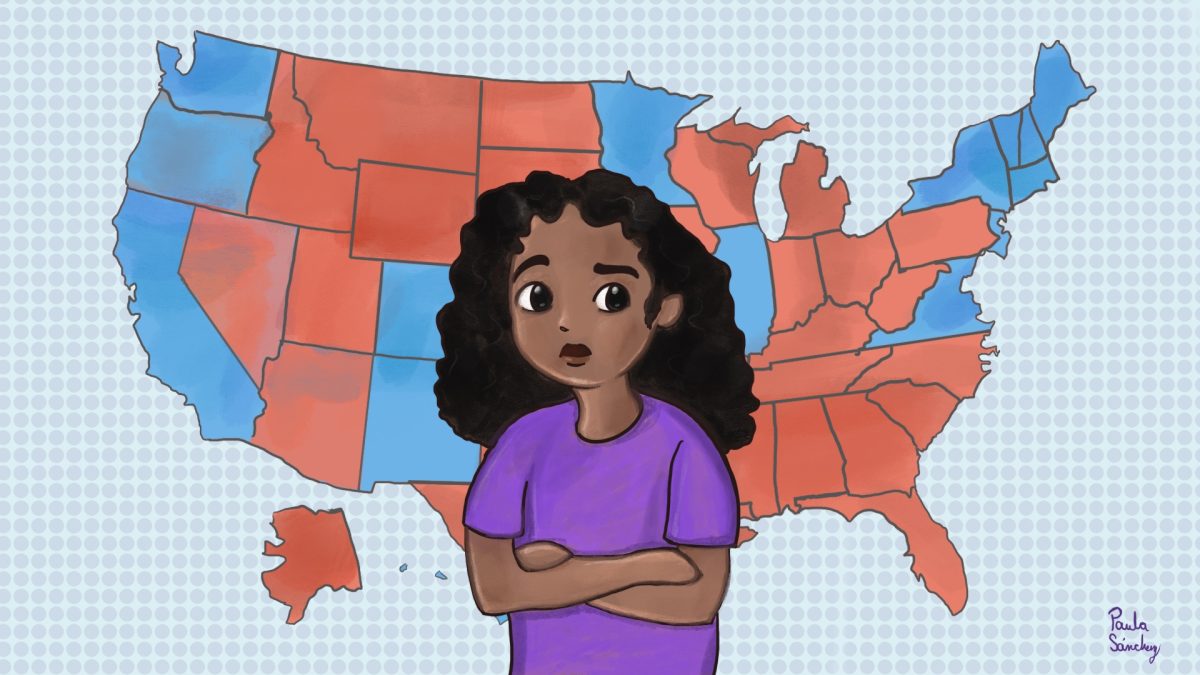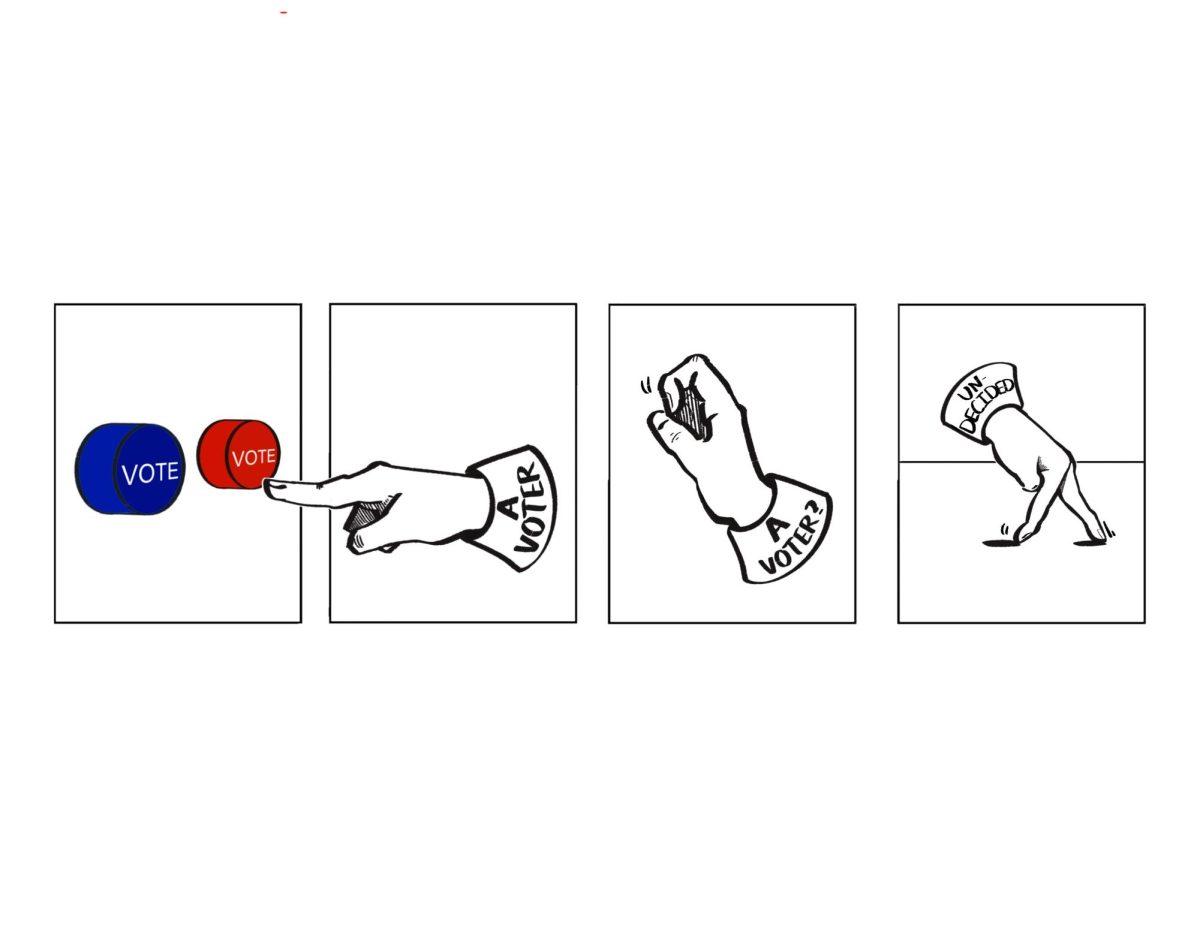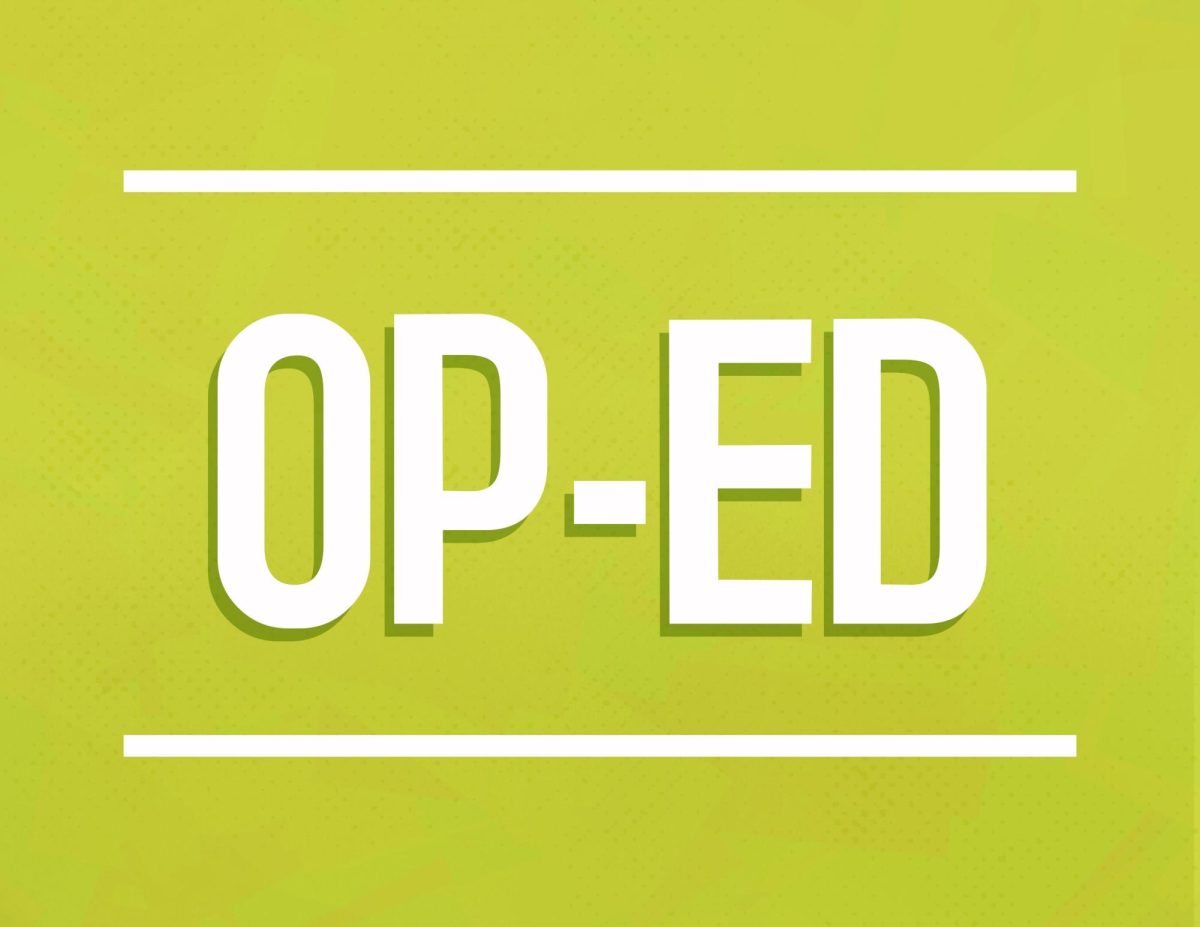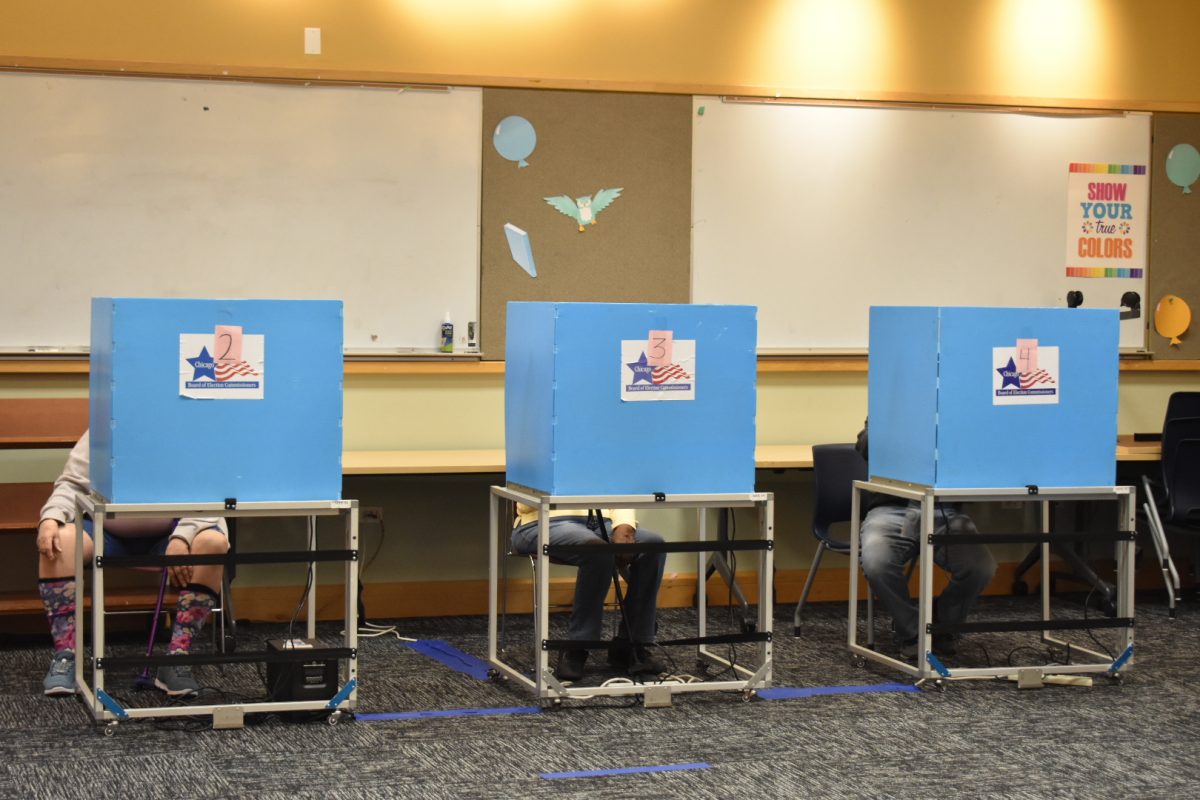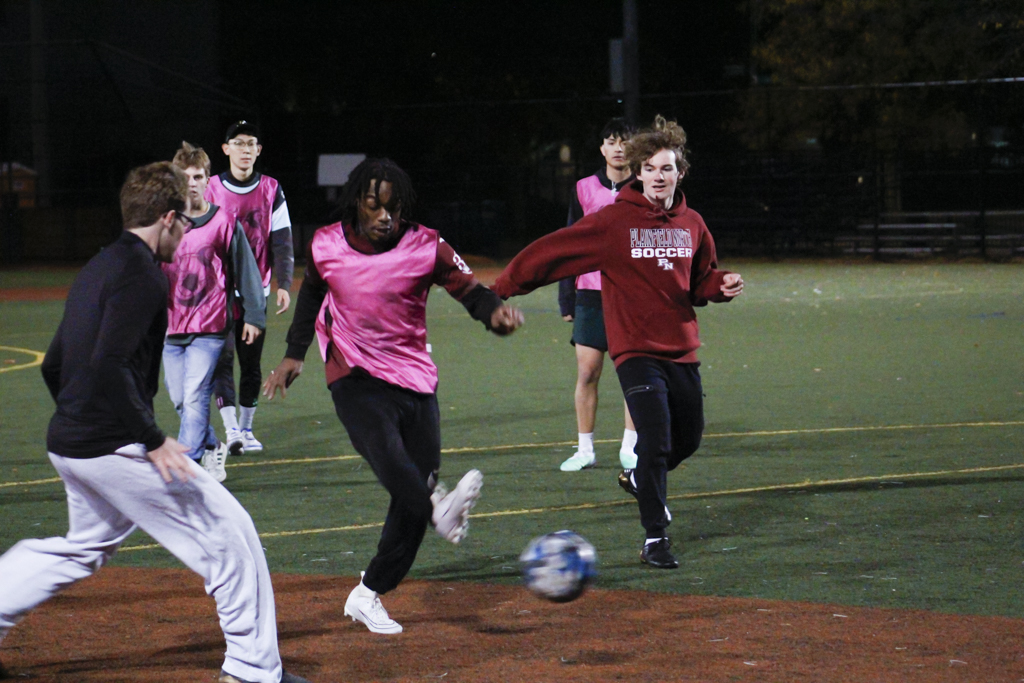Last week, the college hosted a vibrant Deaf Awareness Day celebration, with performances, resources and a strong presence of American Sign Language interpreters. Videos on the college’s website, specifically in the academic section, promote the major as a symbol of inclusivity, reinforcing Columbia’s image as a leader of diversity, equity and inclusion. But, beneath this outward display of solidarity, there’s a glaring contradiction that’s left many students, faculty and community members both shocked and outraged, the decision to cut the ASL major!
The ASL-English Interpretation major is among 18 programs that Colombia has decided to phase out by 2028, as the Chronicle previously reported. The college cites financial strain, explaining that programs like ASL, dance and art history lose $10,001 to $20,001 annually per student because the instructional costs exceed tuition revenue. Though students currently enrolled in the major will be able to graduate, the major itself will likely not accept new students after this year. This decision has sparked intense criticism, particularly from ASL faculty and students who charge that the program’s elimination stands in contrast to Columbia’s public DEI commitments as the Chronicle previously reported.
Of all the majors facing elimination, the ASL program’s cut has drawn some of the most emotional response. (Creative Writing is a close second, and we’re waiting to see what happens with Dance.) Columbia has long been a place where students and faculty of different backgrounds come together to protect marginalized voices, so the decision to cut out a program that directly supports the Deaf community is especially controversial and outright disrespectful.
This contradiction raises several pressing questions. Why is the college promoting ASL so prominently in its events if it no longer sees value in the major? Why is a DEI institution cutting a program that reflects its very mission? These are the questions Columbia has yet to answer.
While financial strain is cited as the main reason, Columbia needs to be more transparent about how these decisions were reached and why the ASL program, in particular, was considered dispensable. Faculty outside of the ASL program are also deeply upset by the move, with many arguing that the college must balance its budget without sacrificing its core values. The decision to remove these programs feels like a betrayal of Columbia’s identity and it absolutely is.
Calls for transparency are growing louder. Columbia has terminated majors in the past without leaving students stranded, but that doesn’t void the need for the college to offer clear and honest reasoning behind its decisions. The community deserves a more detailed explanation of why
these specific programs were chosen and what efforts were made to preserve them. If the programs were deemed too costly, what were some other mitigation measures that were considered short of canceling the major outright?
If Columbia is truly committed to DEI, as it claims, it must do more than offer performative gestures of inclusivity. Promoting Deaf Awareness while cutting ASL is a big contradiction that needs addressing, not with surface-level statements but with meaningful transparency and accountability. These are human beings, not just numbers on a spreadsheet.
Until then, the message from Columbia seems clear: ASL is important enough to celebrate but not enough to sustain.
Copy edited by Manuel Nocera


